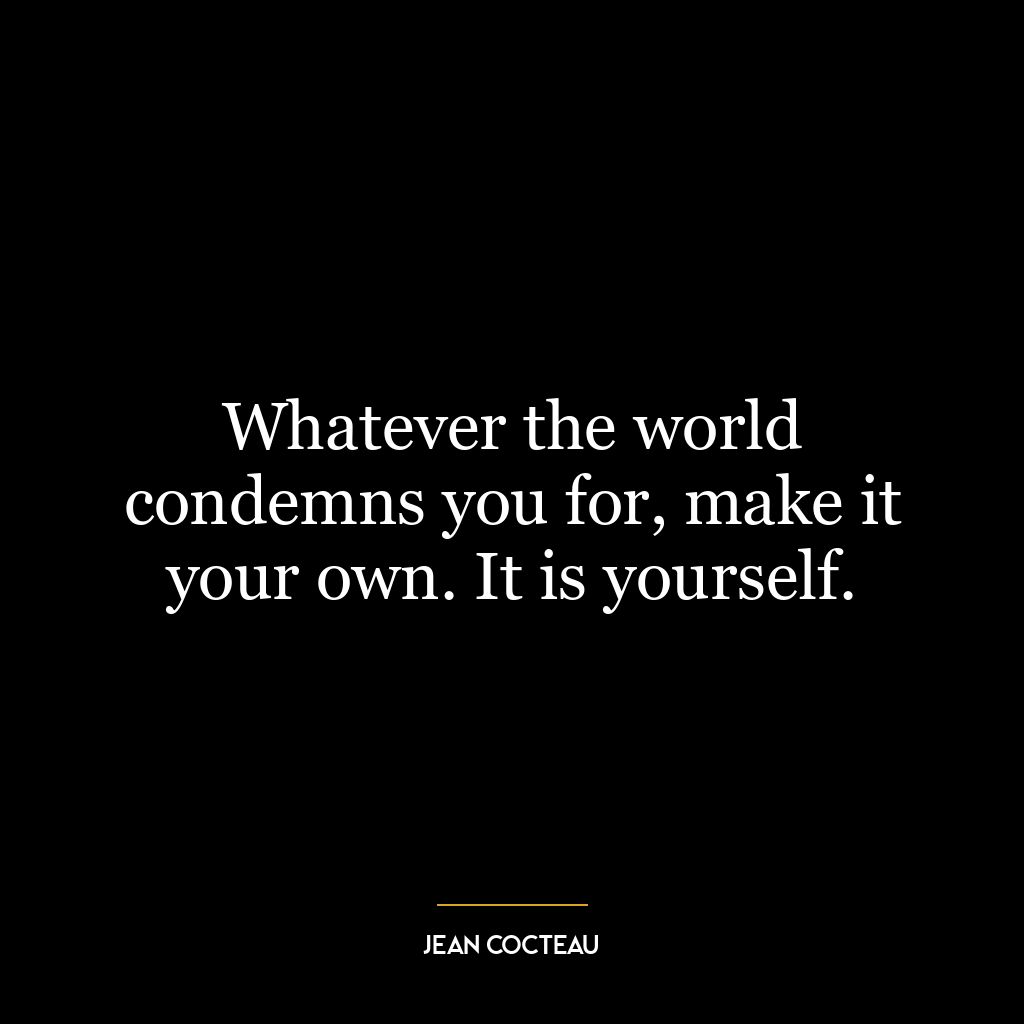This quote implies that mothers have a stronger bond with their children because they are certain of their biological connection. They carry the child for nine months, experiencing physical changes and the development of the child within them, which can lead to a profound connection. This is not to say that fathers do not love their children, but rather that the biological certainty mothers have can intensify their affection.
In contrast, fathers, lacking the physical evidence of parenthood until the child is born, might not develop the same level of attachment until they begin to interact with the child. This difference is not a matter of love, but rather a matter of certainty and connection built from physical experience.
Applying this idea to today’s world, it might help explain why, in many cultures and societies, women are often the primary caregivers. It may also shed light on why mothers sometimes seem to have a deeper intuitive understanding of their children’s needs and emotions. This biological bond could be a contributing factor to the intensity of a mother’s love and her instinct to protect and nurture her child.
In terms of personal development, understanding this concept can help individuals appreciate the unique bonds they share with their parents. For mothers, it might explain the depth of their feelings and their intuitive understanding of their children. For fathers, it could encourage them to find ways to connect deeply with their children, recognizing that while the biological process might give mothers a head start, the love and bond between a father and his child can be just as strong.
Moreover, this understanding can also help individuals who might not have a biological connection with their parents, such as adopted children or stepchildren. They can realize that while biology might play a role in the initial bonding process, it is ultimately love, care, and shared experiences that form the foundation of a parent-child relationship.















